The Fundamental Sciences and Research Certificate is designed for students who have interest in studying courses with a major focus on fundamental sciences and scientific research inquiry underpinning the discipline of kinesiology and physical education. These courses include fundamental knowledges in areas including physical cultural studies, exercise and sport psychology, exercise and sport physiology, systems and cellular physiology, motor behaviour and neural plasticity, exercise and orthopaedic biomechanics, and research inquiry, methods and methodologies. Students will learn about the increasingly important role of fundamental sciences and research in kinesiology and physical education in advancing knowledges and developing evidence-informed practices in the field.
Requirements
Students currently registered in KPE must successfully complete 2.0 FCE from the following Fundamental Sciences & Research Pathway list of courses as part of their BKin degree requirements: KPE300H1, KPE324H1, KPE330H1, KPE355Y1*, KPE360H1, KPE361H1, KPE362H1, KPE369H1, KPE372H1, KPE390Y1*, KPE399H1*, KPE455Y1*, KPE462H1, KPE467H1, KPE469H1, KPE471H1, KPE474H1, KPE490Y1*, KPE495H1*.
Courses with an asterisk(*) have varying topics and will only count towards the certificate if the focus of study/placement is on fundamental sciences and research in kinesiology and physical education.
IMPORTANT ELIGIBILITY REQUIREMENTS
- Individual courses may only count towards one identified BKin certificate in addition to counting towards the BKin degree
- Students are limited to a maximum of 3 BKin certificates with their degree
Please refer to this website for further information.
